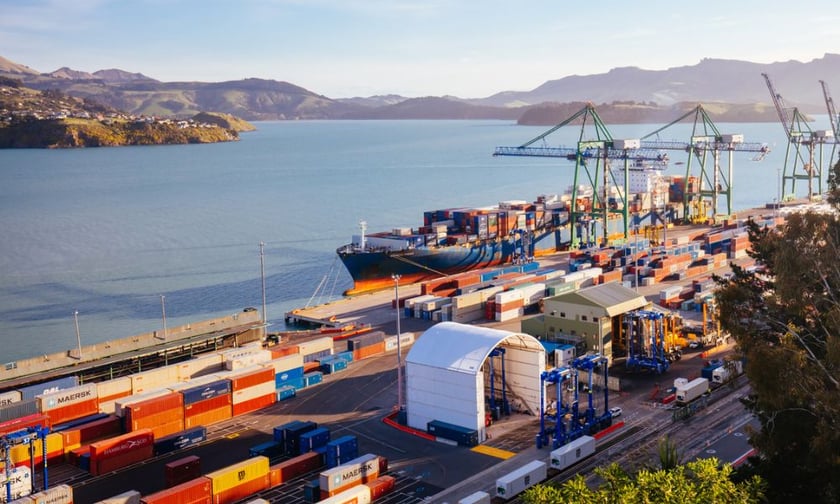

A new risk analytics report highlights staff burnout and changes to workplace culture as the most prevalent risks in the supply chain in New Zealand.
According to the Massey University Supply Chain Risks Analytics Network’s (SCRAN) recently released risk outlook, some of the key factors influencing supply chains around the world include global economic challenges like rising inflation and interest rates, cybersecurity threats and labour shortages.
Supply chain management senior lecturer Dr. Carel Bezuidenhout said that for many businesses, the pandemic led to efficiency drives and cost-cutting measures that have had a detrimental impact on staff culture within a company.
“The cumulative effect of these factors can create a challenging work environment characterised by high levels of stress, demotivation and job insecurity. Staff members are likely to feel overwhelmed and overworked, and collaboration and teamwork may suffer as employees become focused on meeting targets and deadlines at the expense of their wellbeing,” Bezuidenhout said.
“The recession has slowed down recruitment, with fewer opportunities to move jobs. Staff therefore tend to stay in their current jobs even if they find the conditions challenging. This is causing changes in staff culture and morale. While it may not be an issue for every business in New Zealand, chances are high that every supply chain in the country will be exposed to some businesses along the chain that have to deal with these issues,” he said.
The report also identified a number of risks that could have a significant impact on the economy if not properly addressed. One of these is a domestic outbreak of foot-and-mouth disease, which, should it occur, will have devastating consequences for the country’s livestock industry.
Extreme weather events are also listed in the report, as highlighted by the twin climate disasters that happened earlier in the year. Climate change-driven events such as flooding, power outages, and crop damage all have an impact on national and international supply chains.
Geopolitical risks were also highlighted, in particular possible incidents involving the Zaporizhzhia Nuclear Power Plant in Ukraine. Any incident could disrupt the production of food and other essential goods in Europe, which would then have a domino effect on New Zealand’s supply chains.
Finally, there is also a risk associated with the damage to large-scale international telecommunication infrastructure. According to the report, a significant attack could disrupt the flow of critical information and goods, leading to business disruptions across the world.
Another report made by WTW earlier this year cited the lack of data as a leading factor for risks in the supply chain of the renewable energy sector.
What are your thoughts on this story? Please feel free to share your comments below.
